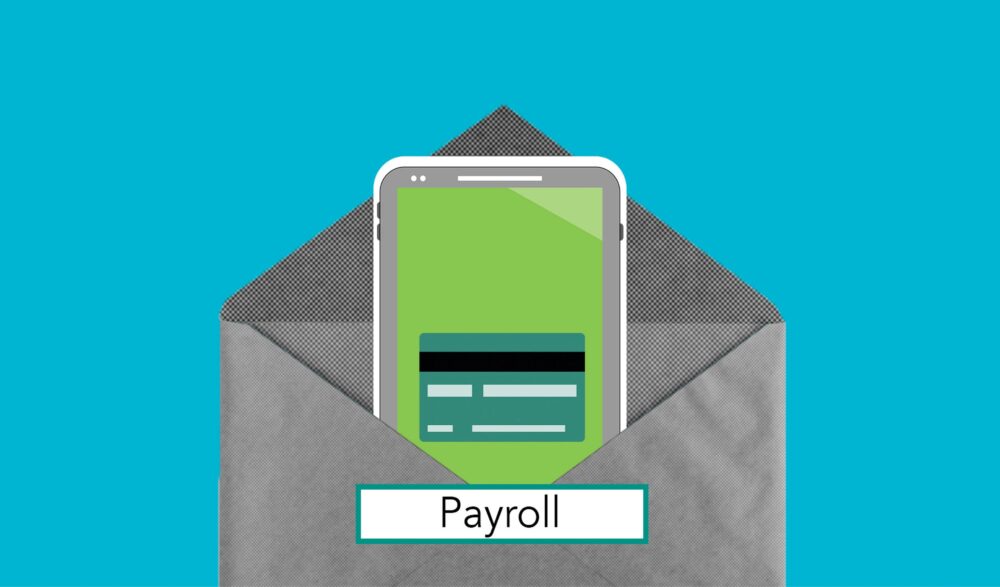What You Need To Know About Paying Someone Who Isn’t On Your Regular Payroll System

Running a business can come with many problems, especially when it comes to outsourcing work and paying employees that aren’t on your typical payroll system. Setting up payroll can be difficult enough, but paying people outside of it can be a completely different problem. In this article, we will be looking at what a payroll system is, examples of people who may not be on your payroll and how you can pay these individuals in a secure and fast way.
What Is a Payroll System?
A payroll system is the way that you pay your regular employees who are contracted to work for you or your business. Once you are fully employing someone, you will need a system in place to keep track of their working hours, how much tax they owe and other financial information. As payroll software holds employees vital information, such as their full name, date of birth, how much they get paid and bank details, it’s vital that your system is secure.
However, when you run a business, you may find that you work with people on a one-off or even a monthly basis, which are part of your workforce. As these people aren’t technically employed by you or your company, you don’t need to have them on your regular payroll. However, you will still need to find a way to pay them, in the same secure way that you pay your contracted employees.
Examples of People Who May Not Be On Your Payroll
So, what are some examples of people who may not be on your payroll, yet you work with them regularly? A good example that falls into this category is medical or market research organisations which need to reimburse their research participants. Organisations such as this, or in fact, any that use volunteers on a regular basis, may find themselves having to reimburse them for their travel, food or accommodation expenses. This is typically done by the volunteers providing proof of purchase, such as receipts.
Another example would be freelancers, if your business regularly outsources some of your work to self-employed individuals, then again, you will have to pay them in a secure way, once they have invoiced your company. These freelancers could be working for your business on a regular basis, but not often enough that they require being on your payroll, nor they could be working on a more ad-hoc basis.
Guest speakers can also fall into this category. If you work for a university, a place of education or a business which regularly invites guest speakers to talk at events, then you may find that these individuals charge for their time. Whether that be in expenses alone or through an invoice.
How To Pay Someone Who Isn’t On Your Payroll
Paying people who aren’t on your payroll can be a tricky task and with all our new technology surrounding payroll systems, you would think there would be an innovative way to do this. However, you will find that a lot of businesses are still paying people who aren’t on their payroll in the same, old-fashioned way. Whilst regular employees are being paid in a secure and efficient manner, typically freelancers, volunteers and contractors are not.
Typically, a business will keep the names and bank information of the person not in their payroll in a spreadsheet or in a document, which is not completely secure, leaving the person’s details at risk. Furthermore, if the details are incorrect, one of your employees will then have to spend their time getting in contact with the individual to chase down the correct information.
Until platforms such as vHelp, there was no better method for this. Now, as a business, you can reimburse anyone who works for you on an adhoc basis and who is not on your payroll, no matter who they are and what service they are providing! Through getting them to claim using reimbursement service such as vHelp you can pay them within 24 hours in a secure way and reduce your payment processing admin time by as much as 88%.





